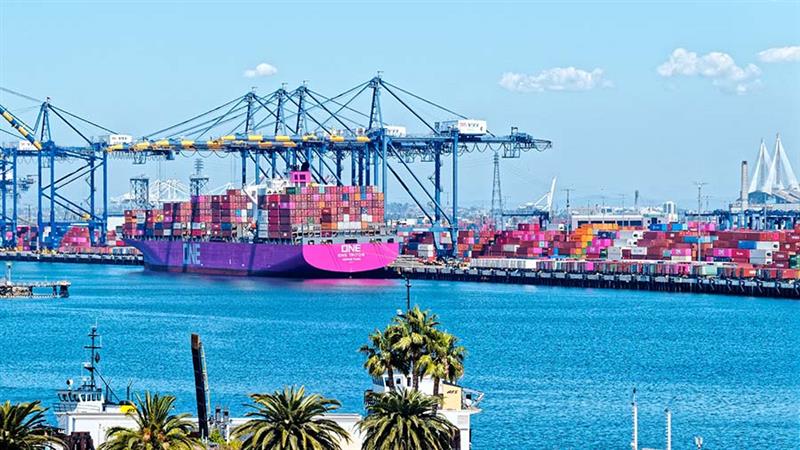China’s Diesel Shortage: Lack of Oil or Lack of Competition?
Nov. 26 – Accusations of a domestic oil production monopoly that might have caused the ongoing diesel shortage appeared in China’s major media after the National Development and Reform Commission (NDRC) imposed penalties for diesel overcharge cases involving six oil suppliers, three of which are subsidiaries of Chinese oil magnates Sinopec and CNPC.
The diesel shortage, which started in October, has seriously influenced various aspects of Chinese society: long lines of trucks waiting to refuel have caused serious traffic jams, 145 city buses in Guyuan, Ningxia Province had to stop running, even a funeral home in Chongqing lacked a sufficient diesel supply to meet the demands of cremation.
However, the shortage comes as quite a shock if we consider the statistics of refined oil exports in September and October released by China’s General Administration of Customs. Over those two months, China’s refined oil exports increased by 23.4 percent and 19.8 percent respectively from a year earlier, reaching a January-to-October total of 22.9 million tons. With the salient growth in the past two months’ refined oil export, the contrast of a domestic shortfall seems quite ironic. People may want to ask, “Where did our oil go?”
The CNPC explained to the public that there are multiple reasons for the current diesel deficiency. First, since China’s oil product pricing system only responds to international crude oil price changes once every 22 days, the continuous global oil price climb which started at the end of September forced many local refineries to decrease their production; second, domestic diesel demands usually increase sharply during the fourth quarter, and the increase became especially evident along with the gradual recovery of the global economy; third, some refineries usually conduct their regular maintenance in August and September and therefore are not so much involved in production; fourth, the limit on power supply and the domestic speculative capital also diminished the diesel production.
The official response from CNPC brought about questions from many energy experts. An anonymous expert told Sina.com that the demand enlargement and resource shortage only contributed “partially” to the diesel deficiency this time. The monopoly in domestic oil industry is “more likely” the major cause.
A commentary by Fu Ziheng, a researcher at Jutian Securities Research Center, states that China currently does not have an effective pricing regulation system on wholesale oil. However, China does have a retail system, so the two oil supplier magnates who monopolize the chains of production and wholesale can bid the price up. Meanwhile, the oil retailers will fail to make a profit or even suffer a loss when they sell their stored oil to end consumers.
China currently practices a government-advised pricing system on oil products. According to the “Methods for Oil Price Regulation” issued by NDRC in 2009, the government can adjust the oil product rates when the average international crude oil price fluctuation within 22 consecutive business days exceeds 4 percent. The method also clarifies that the highest wholesale price should at least be RMB300 less than the highest retail price per ton. With regards to the system, Fu thinks it reveals the government’s “good intention” but goes against market rules.
“Retailers will naturally store up their oil when they do not see benefits and expect the market rate to go up,” he said.
A report published on November 25 also blamed the lack of administration on diesel wholesalers. Because they do not have a public billing system, they can use distinct accounting methods to dodge government investigation. The report shows the average diesel wholesale price on November 24 achieved RMB7,998 per ton, which is approximately RMB400 per ton higher than the government-determined highest retail price. The whole sale price even reached RMB8,000-10,000 per ton earlier this month.
China holds a massive oil consumption market, and the total consumption reached 207 million tons in 2009. On the other hand, the two magnate oil suppliers, Sinopec and CNPC, dominate the market and contribute to more than 90 percent of the refined oil supply every year. Specialists believe that in order to avoid the repetition of the diesel shortfall show, China needs to introduce more competition to the market, regulate the refined oil storage system and establish a comprehensive administrative methods packet to better regulate the oil price.
Related Reading
China Energy, a monthly English review, features the latest business events, industry policies, statistics and analyses for investment and co-operation in China, the world’s second-largest energy consumer. (pdf US$81)
- Previous Article The Definitive Guide to North Korea
- Next Article Heixiazi Island to Become Major Joint China-Russian Tourist Resort




























